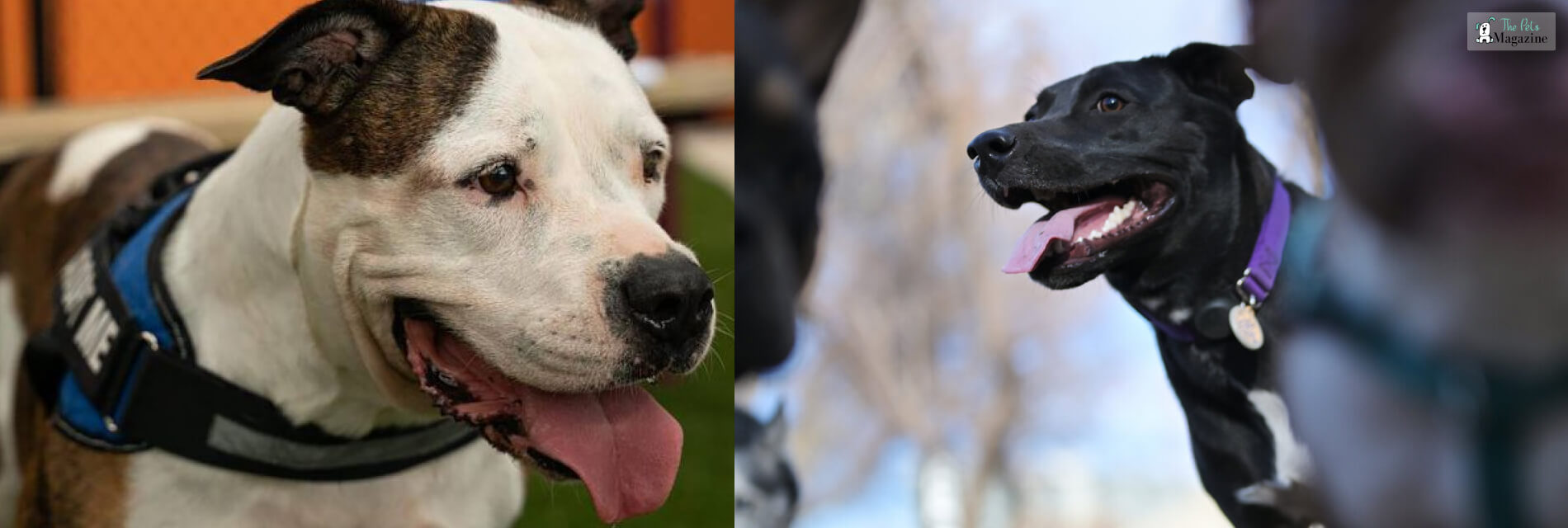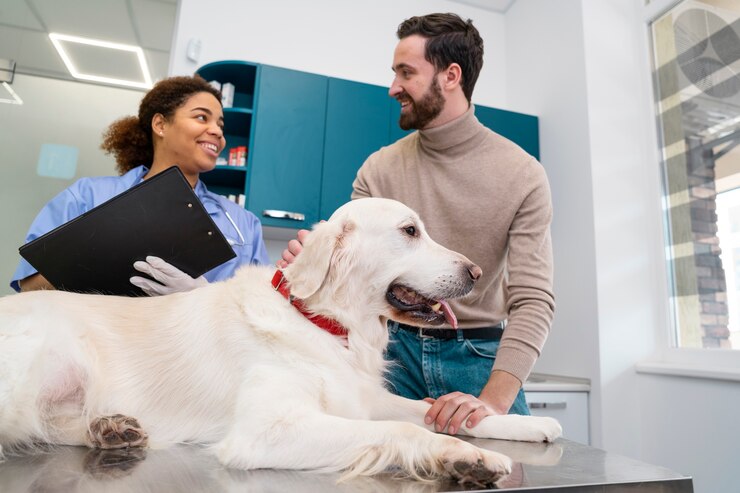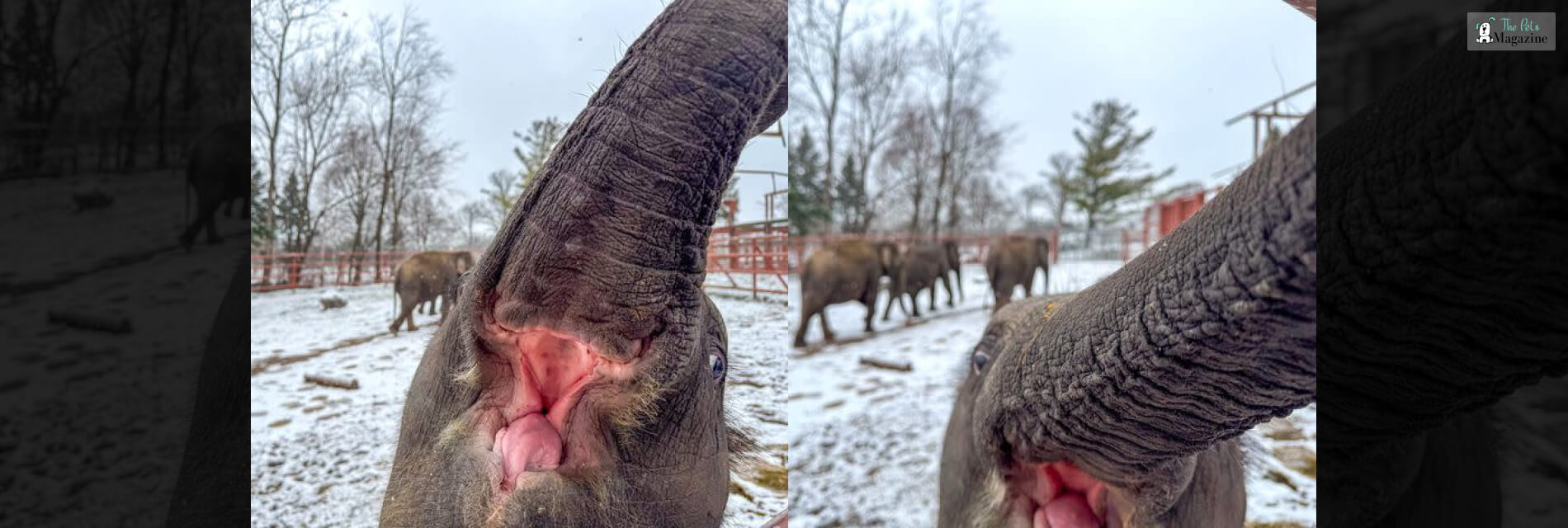A Comprehensive Guide To Canine Nutrition


Our furry companions bring joy and love into our lives, but ensuring their well-being involves understanding their dietary needs.
The question of what dogs can eat often sparks confusion among pet owners. In this extensive guide, we embark on a journey into the realm of canine nutrition to decipher which foods are safe and which ones are best avoided.
From exploring the benefits of fruits and vegetables to discussing the risks associated with certain meats and dairy products, we aim to provide clarity on this important aspect of caring for our beloved pets.
By the end of this article, you’ll be equipped with the knowledge needed to make informed decisions about your dog’s diet, ensuring they receive the nourishment they need to thrive.
Can Dogs Eat Fruits and Vegetables?

Absolutely! Many fruits and vegetables are safe and even beneficial for dogs to eat. Let’s explore some of the most popular options in the context of Can dogs eat
Apple
Apples are a fantastic source of vitamins A and C, as well as fiber. Just make sure to remove the seeds and core before offering them to your pet dog.
Bananas
Bananas are packed with potassium, fiber, and essential vitamins. They make for a tasty and nutritious treat for dogs in moderation.
Berries
Blueberries, strawberries, and raspberries are rich in antioxidants, which can help boost your dog’s immune system and overall health.
Carrots
Crunchy and low in calories, carrots are an excellent source of beta-carotene and fiber, promoting healthy digestion and eye health in dogs.
Peas
Whether fresh or frozen, peas are a good source of vitamins A, B, and K, as well as protein and fiber, making them a nutritious addition to your dog’s diet.
Green Beans
Green beans are low in calories and high in fiber, making them a great snack for dogs looking to shed a few pounds. Plus, they’re packed with vitamins C and K.
Overall, fruits and vegetables can be a tasty and healthy addition to your dog’s diet, but it’s essential to introduce them gradually and in moderation. As with any new food, monitor your dog for any signs of allergies or digestive upset, and always talk to your veterinarian if you have any concerns.
Can Dogs Eat Meat and Dairy?

Yes, dogs can eat meat and dairy products, but there are some important considerations to keep in mind.
Meat
Lean meats like chicken, turkey, beef, and pork might be a healthy part of your dog’s diet. These meats are excellent sources of protein, which is essential for muscle growth and maintenance. When serving meat to your dog, make sure it’s cooked thoroughly and free from any bones or seasoning that could be harmful to them.
Dairy
Dairy products like cheese and yogurt can also be fed to dogs in moderation. These foods are rich in calcium and protein, which are beneficial for your dog’s bone and muscle health.
However, it’s important to be aware that a few dogs can have lactose intolerance, indicating that they cannot digest lactose, the sugar found in milk products. In case your dog experiences diarrhea or other digestive issues after consuming dairy, it’s good to avoid feeding it to them in the future.
Overall, meat and dairy can be healthy additions to your dog’s diet, but it’s important to offer them in moderation and monitor your dog for any signs of digestive upset or allergies. As always, discuss with your veterinarian if you have any concerns about your dog’s diet or nutrition.
Related: A Detailed Guide on What Thanksgiving Food Can Dogs Eat!
Yogurt and Cheese in Moderation

Yogurt and cheese can indeed be included in your dog’s diet, but moderation is key. Here’s why
Yogurt
Yogurt is a great source of probiotics, which are beneficial bacteria that promote a healthy digestive system in dogs, just as they do in humans.
Opt for plain, unsweetened yogurt with live and active cultures to avoid added sugars and artificial sweeteners, which can be harmful to your dog. Additionally, choose yogurt that is low in fat to prevent potential digestive issues.
When introducing yogurt to your dog’s diet, start with small amounts to gauge their tolerance and watch for any signs of lactose intolerance, such as diarrhea or vomiting.
Cheeze
Cheeze is a tasty treat that many dogs enjoy, and it can also be a good source of protein and calcium. However, cheese is high in fat and calories, so it should be given sparingly, especially to dogs prone to weight gain or pancreatitis. Additionally, some dogs may be lactose intolerant and experience digestive upset after eating cheese.
To minimize the risk of digestive issues, opt for low-fat or reduced-fat cheese varieties and offer small pieces as an occasional treat rather than a regular part of your dog’s diet. As for “CAN DOGS EAT CHEEZ-ITS?” While dogs may be attracted to the taste of Cheez-Its, it’s best to prevent giving them to your furry friend.
Cheez-its are high in salt and unhealthy additives, which might result in digestive upset and other health problems in dogs. In summary, yogurt and cheese can be included in your dog’s diet in moderation, but it’s important to choose appropriate varieties and monitor your dog’s response to them. As always, consult with the pet’s veterinarian if you have any concerns about your dog’s diet or nutrition.
What Human Foods Should Dogs Avoid?

While dogs can enjoy a wide variety of foods, there are several human foods that they should avoid due to potential health risks. Here are some common ones:
Chocolate, Coffee, and Caffeine
These contain substances called methylxanthines, which can result in diarrhea, vomiting, increased heart rate, seizures, rapid breathing, and even death in dogs. The darker the chocolate, the more dangerous it is. Keep any chocolate-related products, coffee grounds, and caffeinated beverages out of your dog’s reach.
Onions, Garlic, and Chives
Allium species like onions, garlic, and chives can cause damage to a dog’s red blood cells, resulting in anemia. Even small amounts, whether raw, cooked, or powdered, can be harmful. Symptoms of onion or garlic poisoning include weakness, vomiting, breathing difficulties, and pale gums.
Xylitol
This popular sugar substitute is commonly available in candies, sugar-free gum, baked goods, and reputed peanut butter industries. It ultimately causes a quick insulin release in dogs, resulting in hypoglycemia (low blood sugar), liver failure, and seizures. Even small amounts of xylitol might be harmful to dogs, so always check ingredient labels carefully.
Avocado
Persin is one kind of substance found in Avocado, which is not ideal for dogs in large amounts. While the flesh of ripe avocado is generally considered safe for dogs in small quantities, the pit, skin, and leaves contain higher concentrations of persin and should be avoided. Ingesting these parts of the avocado can result in gastrointestinal difficulties, breathing issues, and liquid accumulation across the cardiac muscles.
Grapes and Raisins
Grapes and raisins can cause kidney failure in dogs, even in small amounts. The exact toxin in grapes and raisins that causes toxicity is unknown, so it’s best to err on the side of caution and keep these fruits away from your dog entirely. Symptoms of grape or raisin poisoning include vomiting, diarrhea, lethargy, and decreased urine production.
In conclusion, it’s important to have a complete knowledge of the human foods that can be harmful to dogs and to store them out of your dog’s reach. If your dog ingests any potentially toxic foods, call your veterinarian immediately or talk to an emergency animal poison control hotline immediately for guidance.
Conclusion
In conclusion, maintaining a dog’s diet is crucial for their well-being. While fruits, vegetables, and lean meats offer valuable nutrients, caution is necessary with certain foods. Chocolate, onions, xylitol, and grapes are among the human foods that pose serious health risks to dogs and should be avoided. By understanding these dietary guidelines and consulting with a veterinarian, we can ensure our furry friends lead happy and healthy lives.
Read Also:








Leave A Comment